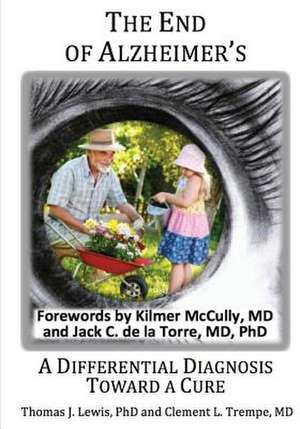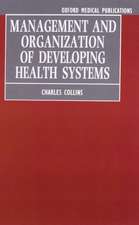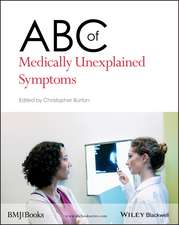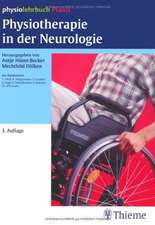The End of Alzheimer's?
en Limba Engleză Paperback
Preț: 175.12 lei
Preț vechi: 184.34 lei
-5% Nou
Puncte Express: 263
Preț estimativ în valută:
33.51€ • 34.99$ • 27.73£
33.51€ • 34.99$ • 27.73£
Tipărit la comandă
Livrare economică 05-19 aprilie
Preluare comenzi: 021 569.72.76
Specificații
ISBN-13: 9780692349854
ISBN-10: 0692349855
Pagini: 490
Dimensiuni: 178 x 254 x 25 mm
Greutate: 0.79 kg
Editura: Tjlphd, LLC
ISBN-10: 0692349855
Pagini: 490
Dimensiuni: 178 x 254 x 25 mm
Greutate: 0.79 kg
Editura: Tjlphd, LLC
Notă biografică
Dr. Thomas J. Lewis holds a Ph.D. in Chemistry from MIT. He served in various research capacities prior to starting a scientific consulting business in 1997. In 2005, after the passing of his father from Alzheimer's disease, he has dedicated his time and career to finding a solution to this disease. After finding a clinician, Dr. Trempe, with a profound understanding of Alzheimer's diagnosis and treatment, Dr. Lewis spent the past several years verifying the findings of Dr. Trempe using the vast medical and scientific literature. His research culminates in this book and a plan to start Alzheimer's-specific clinics. Dr. Clement L. Trempe received his MD degree from Ottawa Medical School, Canada. He furthered his studies at Harvard's Schepens Eye Research Institute (SERI) and Massachusetts Eye and Ear Infirmary, Boston. He has been on staff at Harvard Medical School teaching hospitals since the 1970s. He is the author of hundreds of medical scientific papers and two pending patents. Dr. Trempe didn't set out to solve the Alzheimer's conundrum; he did set out to treat eye diseases in a different way, however. He, and many others recognize that a sick eye does not reside in a healthy body. A sick eye is, for the most part, in a sick body. Treat the causes of the sick body and the health of the eye will also improve. Dr. Trempe is one of very few Ophthalmologists who take this approach. Why? Because eye doctors treat eye diseases, cardiologists treat heart diseases, neurologist treat brain diseases, and so on. These specialties seldom collaborate. Each medical discipline has its own set of diagnostics and drugs for their special ailments. When Dr. Trempe started diagnosing and treating his "eye" patients for systemic (whole body wide) diseases, back in the 1980s, their eyes did indeed get better. In fact they got much better and stayed much better compared to people who were treated as if their eyes existed in isolation from the rest of the body. Most importantly, many patients with serious disease beyond the eye reported back to Dr. Trempe that these other conditions improved upon his "eye" (whole body) treatments. One of those conditions that improved was Alzheimer's disease.







